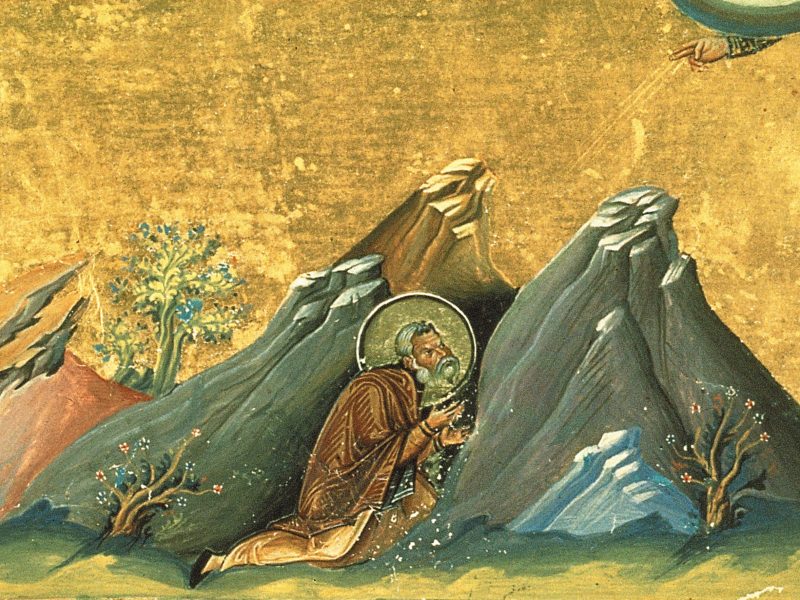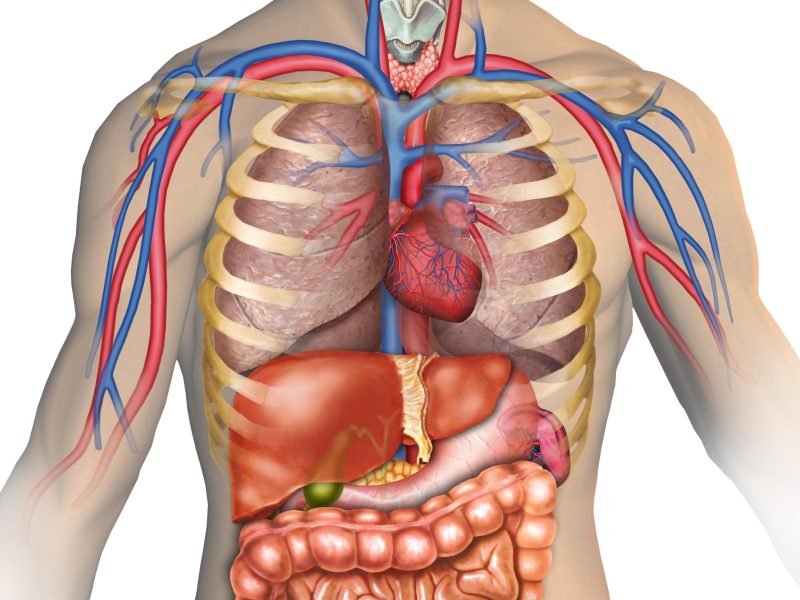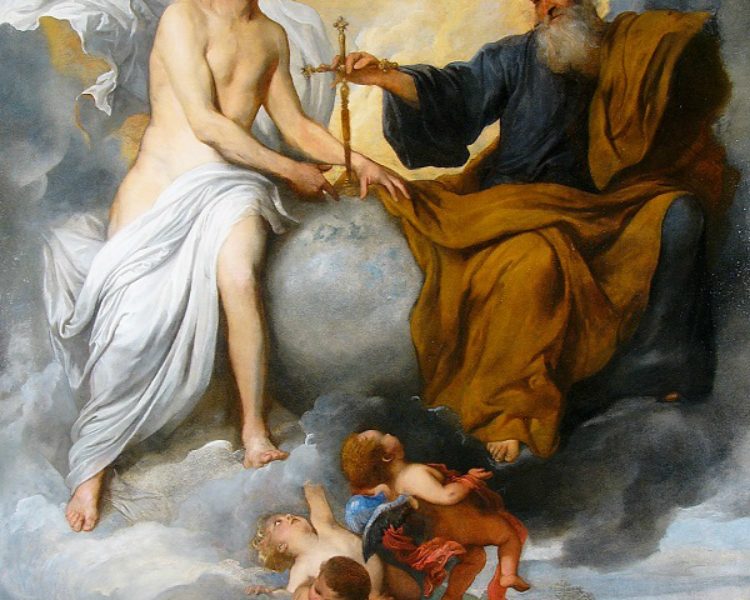
A Proper Response to Love: A Commentary on Karol Wojtyla’s Love and Responsibility
by David Farias Love is the culmination of human happiness and flourishing. We all want to love and to be loved. So often, we are consumed by these feelings and become distracted by them, even confusing us at times. We might even make the feelings themselves the goal of attainment without even noticing. In pursuing feelings, we lose sight of the subject of love and the proper orientation of those feelings as a result. These emotions are not wrong, but they cannot be considered “love” itself, so what is love? Love is imperfect when we seek out feelings as the end. Those butterflies we get in our stomachs when we are next to someone we are attracted to or those infatuations resulting from the attraction. Those are feelings, but not love itself. St. Thomas Aquinas defines love “as willing the good of another.” This statement says nothing about stirring up


